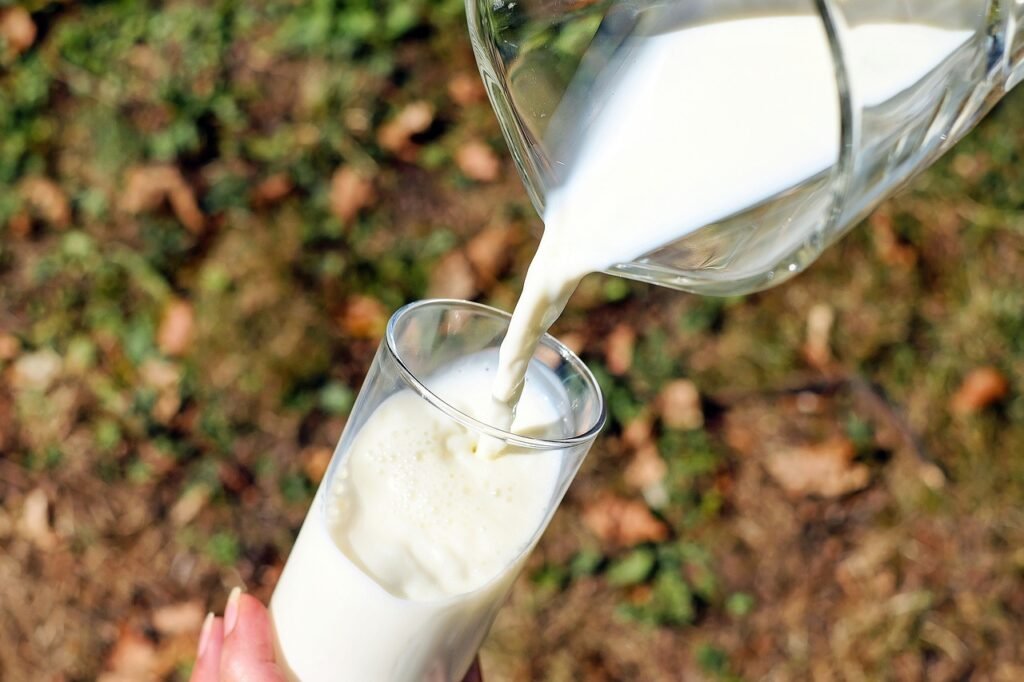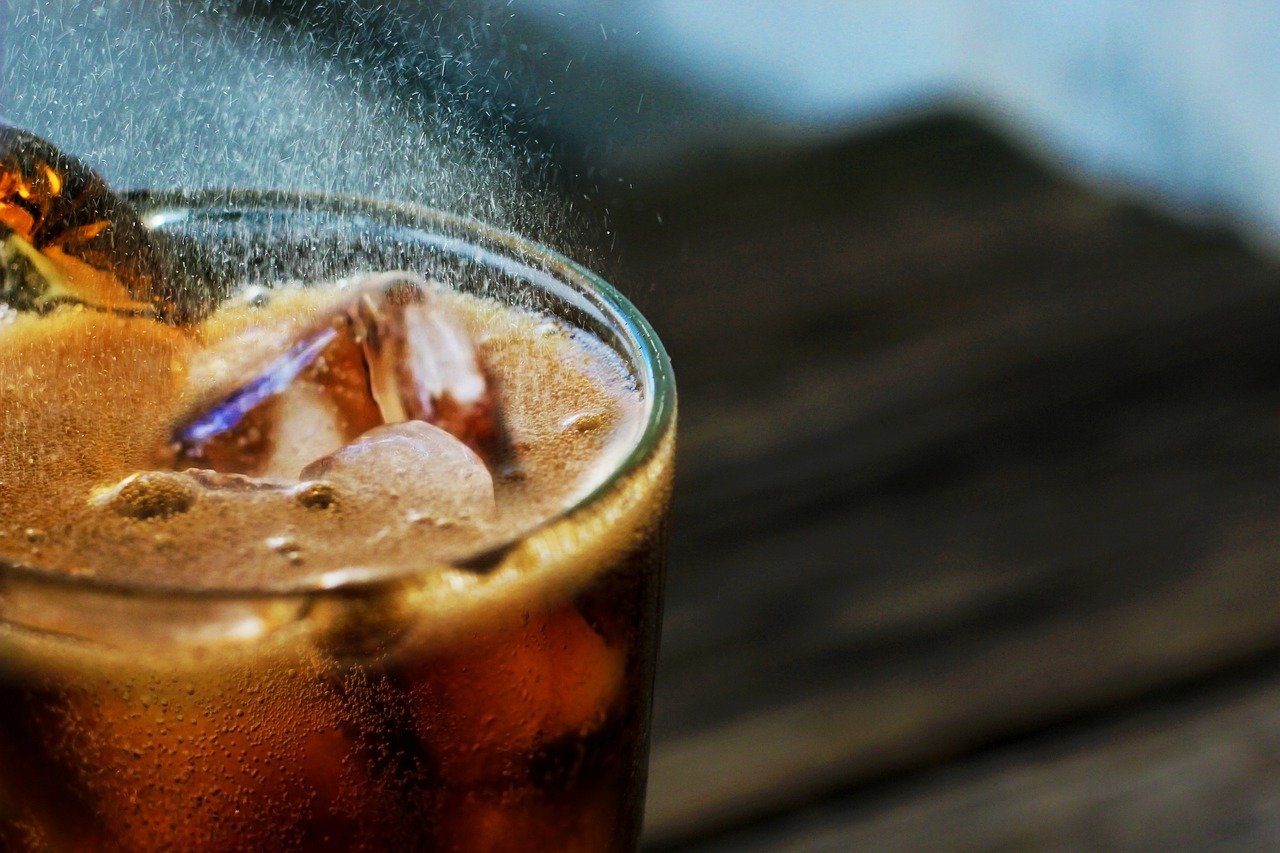
What Drinks Are Bad for Your Heart? The Impact of Beverages on Heart Health Your heart works tirelessly to pump blood, oxygen, and essential nutrients throughout your body. While exercise and a balanced diet often take the spotlight in promoting heart health, your choice of beverages can be just as impactful. Unfortunately, some drinks could unknowingly harm your cardiovascular system. In this comprehensive guide, we’ll explore the drinks that are bad for your heart, why they’re harmful, and healthier alternatives to protect this vital organ
Related : Are Tomatoes Good for You
Why Beverages Matter for Heart Health
The beverages you consume affect hydration, blood pressure, cholesterol levels, and even your weight—all of which influence your heart health. Some drinks provide essential nutrients, but others may increase the risk of heart disease by introducing harmful sugars, stimulants, or excessive calories into your diet. Understanding the role of beverages in cardiovascular health is crucial for making informed choices
Related : What Causes Daily Headaches in Women
Drinks to Avoid for a Healthy Heart
Sugary Drinks

Beverages like sodas, sweetened juices, and flavored waters are packed with added sugars. Over time, excessive sugar intake can lead to obesity, high blood pressure, and chronic inflammation—key contributors to heart disease.
Why Sugary Drinks Are Harmful
- High Calories: Sugary drinks offer empty calories, leading to weight gain.
- Inflammation: Excess sugar triggers chronic inflammation, a leading cause of heart problems.
- Diabetes Risk: Frequent consumption spikes blood sugar levels, raising the risk of Type 2 diabetes, which doubles the likelihood of cardiovascular disease
Research Insights Consuming two or more sugary drinks daily increases the risk of heart attack by 40%.
Sugary beverages have been linked to heart failure, particularly in men.
Healthier Alternatives Opt for plain or sparkling water flavored with lemon, mint, or berries.
Choose unsweetened herbal teas for a refreshing twist without added sugars
Related Benefits of Eating Potatoes Daily
Energy Drinks

Energy drinks are loaded with caffeine, sugar, and stimulants like guarana. While they may provide a temporary energy boost, they pose significant risks to heart health.
Potential Risks
- Increased Heart Rate: Excess caffeine and stimulants can lead to arrhythmias.
- High Blood Pressure: Energy drinks elevate blood pressure, putting undue strain on the heart.
- Stress Hormones: These drinks activate the sympathetic nervous system, increasing stress on the cardiovascular system.
Warning Signs of Overconsumption
- Rapid heartbeat or palpitations.
- Chest pain or elevated blood pressure.
Healthier Alternatives
- Choose green tea for a natural energy boost.
- Hydrate with electrolyte-enhanced water for sustained energy
Related : Health Benefits of Sweet Potatoes
Excessive Alcohol

Moderate alcohol consumption may have some heart benefits, but drinking excessively is linked to heart disease, high blood pressure, and arrhythmias.
Why Excessive Alcohol Is Harmful
- Elevated Blood Pressure: Alcohol stiffens arteries and raises blood pressure.
- Arrhythmias: Long-term drinking can lead to irregular heart rhythms like atrial fibrillation.
- Empty Calories: Alcoholic beverages are calorie-dense, contributing to weight gain.
Safe Drinking
- Men: No more than 10 drinks per week, with a daily limit of four.
- Women: Limit to one drink per day.
Healthier Alternatives
- Opt for non-alcoholic sparkling wines or mocktails.
- Try kombucha for a fermented, gut-friendly drink.
Related : Benefits of Eating Eggs Every Day
Highly Caffeinated Drinks

While moderate coffee or tea consumption can be heart-healthy, excessive caffeine intake—especially from specialty coffees or energy drinks—can negatively affect your heart.
Risks of Excessive Caffeine
- Heart Palpitations: High caffeine levels may lead to tachycardia.
- Poor Sleep: Sleep disruption from caffeine increases blood pressure risk.
- Anxiety: Overstimulation can raise stress levels, putting strain on the heart.
Recommendations
Limit caffeine intake to 400 mg daily (about four cups of coffee).
Choose decaffeinated options if you’re sensitive to caffeine
Related. Fruits to Avoid During Fever
Processed Plant-Based Milks

Plant-based milks like almond or oat milk can be heart-friendly but beware of those with added sugars and unhealthy additives.
Ingredients to Avoid
- Added Sugars: Sweetened varieties contribute to excess calorie intake.
- Hydrogenated Oils: These unhealthy fats can raise cholesterol levels.
Healthier
- Choose unsweetened and fortified plant-based milks.
- Opt for brands with minimal ingredients and no added sweeteners.
Related : Health Benefits of Sweet Potato Leaves
Unhealthy Ingredients to Watch Out For
- Added Sugars
Excessive sugar intake increases the risk of obesity, diabetes, and heart disease.
Recommendations
- Women: Limit added sugars to 6 teaspoons per day.
- Men: Limit added sugars to 9 teaspoons per day.
- Sodium
Hidden sodium in canned vegetable juices and other beverages can elevate blood pressure, increasing heart disease risk
Always check nutrition labels to ensure you’re not consuming excess sodium
Heart-Healthy Beverage Alternatives
If you want to protect your heart, focus on drinks that offer hydration and essential nutrients without harmful additives.
- Water
The ultimate heart-friendly drink. Add natural flavors like cucumber or mint for variety.
- Green Tea
Packed with antioxidants, green tea reduces inflammation and improves blood vessel health.
- Smoothies
Blend whole fruits and vegetables with unsweetened plant-based milk for a nutrient-dense drink.
- Herbal Teas
Chamomile, hibiscus, and rooibos teas are caffeine-free and support heart health.
Tips for Choosing Heart-Healthy Drinks
- Opt for unsweetened, low-calorie options.
- Read labels to avoid hidden sugars and harmful additives.
- Enhance the flavor of water with fresh fruits, herbs, or spices.
- Stay hydrated throughout the day by sipping water regularly.
The Takeaway
Your beverage choices significantly affect your heart health. Drinks like sugary sodas, energy drinks, and excessive alcohol can harm your cardiovascular system over time, while healthier options like water, tea, and unsweetened plant-based drinks can promote a stronger heart
Prioritize hydration with water and make mindful beverage choices to reduce the risk of heart disease. Small, consistent changes in your daily habits can lead to long-term benefits for your heart and overall well-being
Frequently Asked Questions
- Why are sugary drinks harmful to heart health?
Sugary drinks, such as sodas and sweetened juices, are high in added sugars that contribute to weight gain, increased blood pressure, and chronic inflammation. These factors elevate the risk of heart disease, diabetes, and other cardiovascular conditions.
- Are energy drinks bad for the heart?
Yes, energy drinks are harmful due to their high caffeine and stimulant content. They can increase heart rate, blood pressure, and stress on the cardiovascular system, potentially leading to arrhythmias and other heart issues.
- Is alcohol bad for heart health?
Excessive alcohol consumption can harm the heart, leading to high blood pressure, irregular heart rhythms, and weakened heart muscles. Moderate consumption may have some benefits, but it’s essential to adhere to recommended guidelines to avoid negative effects.
- Can too much caffeine harm the heart?
Excessive caffeine intake can strain the heart by causing rapid heartbeats, increasing blood pressure, and triggering anxiety. Moderate consumption (up to 400 mg daily) is generally safe for most people.
- Are all plant-based milks healthy for the heart?
Not all plant-based milks are heart-healthy. Processed varieties with added sugars and unhealthy fats can negatively impact cardiovascular health. It’s best to choose unsweetened and fortified options with minimal ingredients.
- What are the best drinks for heart health?
The best drinks for heart health include water, green tea, herbal teas, and smoothies made from whole fruits and vegetables. These beverages hydrate the body, provide antioxidants, and support overall cardiovascular function.

 Dakari Quimby, PhD
Dakari Quimby, PhD Keri Peterson, MD
Keri Peterson, MD Isabel Vasquez, RD, LDN
Isabel Vasquez, RD, LDN Francisco J. Rivera Rosario
Francisco J. Rivera Rosario Amber Brenza, CPT
Amber Brenza, CPT Dana Ingemann, MPH, CHES
Dana Ingemann, MPH, CHES
14 thoughts on “What Drinks Are Bad for Your Heart?”
Pingback: Coffee Health Benefits and Risks
Pingback: Benefits of Drinking Green Tea for Your Health
Pingback: Best Teas for Gut Health Top 8 Natural Choices for Digestion
Your article helped me a lot, is there any more related content? Thanks!
Thank you for your sharing. I am worried that I lack creative ideas. It is your article that makes me full of hope. Thank you. But, I have a question, can you help me?
Thank you for your sharing. I am worried that I lack creative ideas. It is your article that makes me full of hope. Thank you. But, I have a question, can you help me?
Can you be more specific about the content of your article? After reading it, I still have some doubts. Hope you can help me.
I don’t think the title of your article matches the content lol. Just kidding, mainly because I had some doubts after reading the article.
Your point of view caught my eye and was very interesting. Thanks. I have a question for you.
Your point of view caught my eye and was very interesting. Thanks. I have a question for you.
Thanks for sharing. I read many of your blog posts, cool, your blog is very good.
Thanks for sharing. I read many of your blog posts, cool, your blog is very good.
I don’t think the title of your article matches the content lol. Just kidding, mainly because I had some doubts after reading the article.
Thank you for your sharing. I am worried that I lack creative ideas. It is your article that makes me full of hope. Thank you. But, I have a question, can you help me?